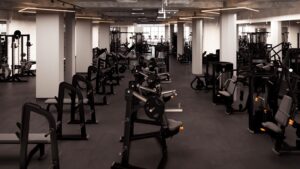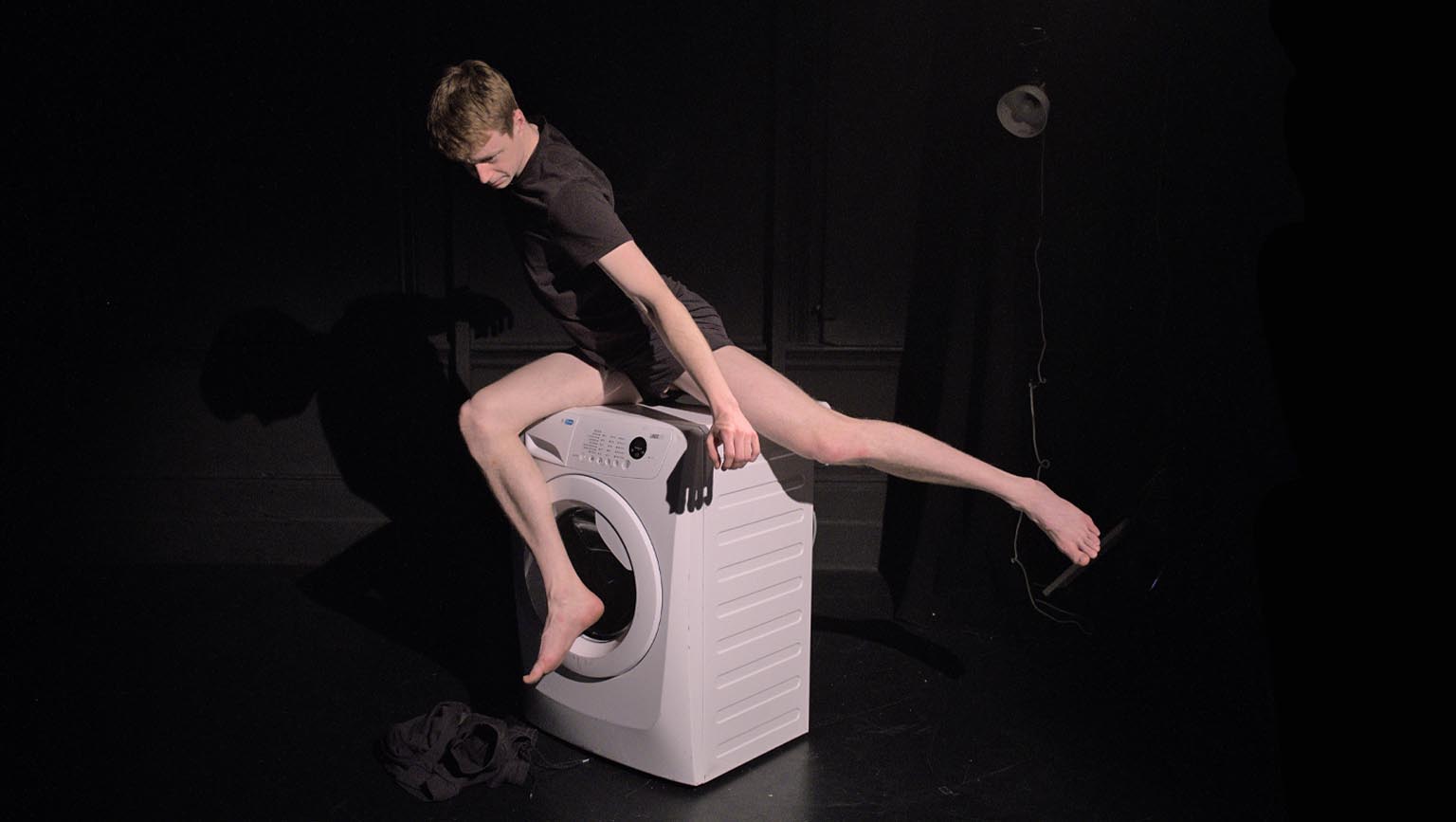
The Basement Gym + Studio opens in Camden Town
Camdenist readers get 50% off their first month’s membership, too

Inspired by the real-life experiences of a newly arrived immigrant, A Man and a Washing Machine takes audiences on a transformative journey of self-discovery and contemplation.
As technology becomes ever more central to our daily lives, what impact is this having on our thinking, perceptions, and connection to our own bodies? We spoke with director Moses Hao about this play and the issues it deals with.
Imagine you are in your flat or house for a day, or even a week, with only a washing machine for company. The story starts from that imagination. In the play, our man observes it deeply. He realises it must have its own perspective of watching and feeling, so he treats it as something that’s alive. Then, he asks himself, how about other machines?
Physically there are a lot of similarities, as many machines are based on functions of the human body. Washing machines are designed by imitating the basic movements we make when cleaning clothes. Through exploring the gestures of the machines, we find that humans and machines are all created by specific time and space – we are all embedded in some specific zone and situation. There is a washing machine museum in America, and if you watch their videos you find that the machines created in different ages are more like the people living in that age. We are sharing similar events and culture.
We want audiences to observe the machine from new perspectives. We’ve tried different elements to achieve this, from putting body microphones into the machine shell and engine, and using the camera to catch the details of the components inside it, to filming the machines in the city from different angles.
In the first R&D phase, we only used movement and lights to highlight the similarities and differences between a washing machine and a man. In the second phase, we thought we needed to reveal more about the relationship, so brought in the views of the machines in the city while taking the machine apart so that the performer could explore it more. While disassembling, we found out the genders in machines, and felt we might need a female character to dig out more about that theme, in terms of the history and culture.
There are very few things in our daily life which could be known as ‘new’, we usually experience things that make us feel bored and empty. This show is something you have never experienced before, and it comes from a very simple and familiar situation – these machines are around you.
Many times when moving our props, people pass by and say “wow! Is that the engine of washing machine?!” They’ve never seen it before, despite living with one in their home for years. We have no choice but to live with machines in modern society, which can lead to a sense of loneliness and strangeness. Audiences observe the man’s journey with the machine, and we believe this is a way for audiences to know more about themselves, too.
Camden Fringe 2023 // See A Man and a Washing Machine at the Etcetera Theatre on August 8th and 11th – 13th. Tickets and info here.


Camdenist readers get 50% off their first month’s membership, too

A brand new hairdressing and barbering academy has landed in Camden Town and is now seeking style-conscious models and enthusiastic trainees

We speak to founder, Sol, about bringing the studio to Kentish Town

Explore the neighbourhood’s brand new neighbourhood